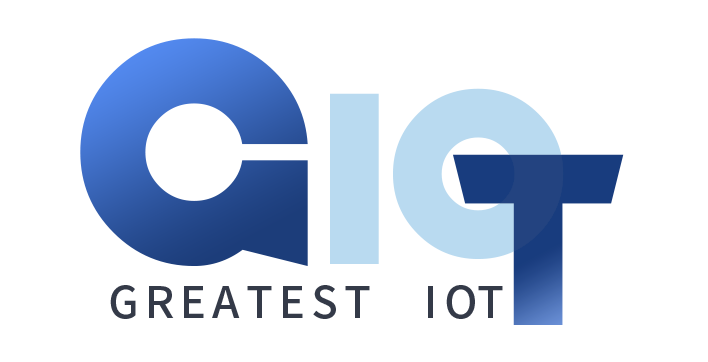RFID (Radio Frequency Identication) cards become part of our daily lives with the development of technology. Public transportation, retailing, healthcare, logistics and supply chain management are among many other areas where RFID cards are widely used.
The central element of an RFID card is a small electronic device that has a microchip and an antenna. Once the RFID card comes close to an RFID reader, radio waves sent by this reader activate the chip embedded in the card. The chip then sends its ID number which is received and processed by the reader. This means that data can be transferred by those cards without having any direct contact between them which has been realized as one of their greatest benefits.
Automated ticketing systems frequently use RFID cards for public transportation purposes. Passengers can quickly pay their fares by just bringing these cards closer to the readers in contactless manner leading to increased efficiencies. This not only reduces manual ticketing but also cuts the time spent by passengers on queues making public transit services more efficient and convenient.
RFID tags can be employed in tracking inventory and enhancing inventory management efficiency and accuracy within retail industry. These retailers can track merchandise’s location as well as quantity at all times through attaching it with radio frequency identification tags thus reducing inaccuracies in inventories thereby facilitating better inventory control process. Additionally, RFIDs can curb thefts while increasing store security; they achieve this by real-time detection because they monitor RFIDs tagged on items.
These are applicable either when tracking patients or medical devices for healthcare settings using RFIDs. Hospitals may track patients’ locations as well as statuses by attaching tags on them, similar to medical equipment used therein too. Efficiency gains such as reduction of mistakes concerning patients along with improvement of patient safety may result from this practice; e.g., hospitals may track the RFID of a patient to ascertain whether they are receiving proper medication. By tracking the RFID tags on medical instruments, it is possible to ensure that they are performing their intended function.
RFID cards can also be used in logistics and supply chain management to keep tracks of goods. By attaching RFID tags to goods, logistics firms can monitor location of goods as they move in real-time leading better transportation efficiency. Furthermore, by keeping an eye on these RFIDs tagged on products, companies can access real-time information about the items such as temperature, humidity among others so as to ensure quality control thereby increasing efficiency levels, reducing losses and raising customers’ satisfaction levels.
RFID cards form part of modern technology where they have been embraced extensively changing our lifestyles and influencing many industries. As technological advances continue we expect greater reliance on RFID cards in future. RFID cards hold great potential for improving efficiency, security and customer satisfaction issues alike.

Copyright © ©Copyright 2024 Greatest IoT Technology Co., Ltd all rights reserved - Privacy policy